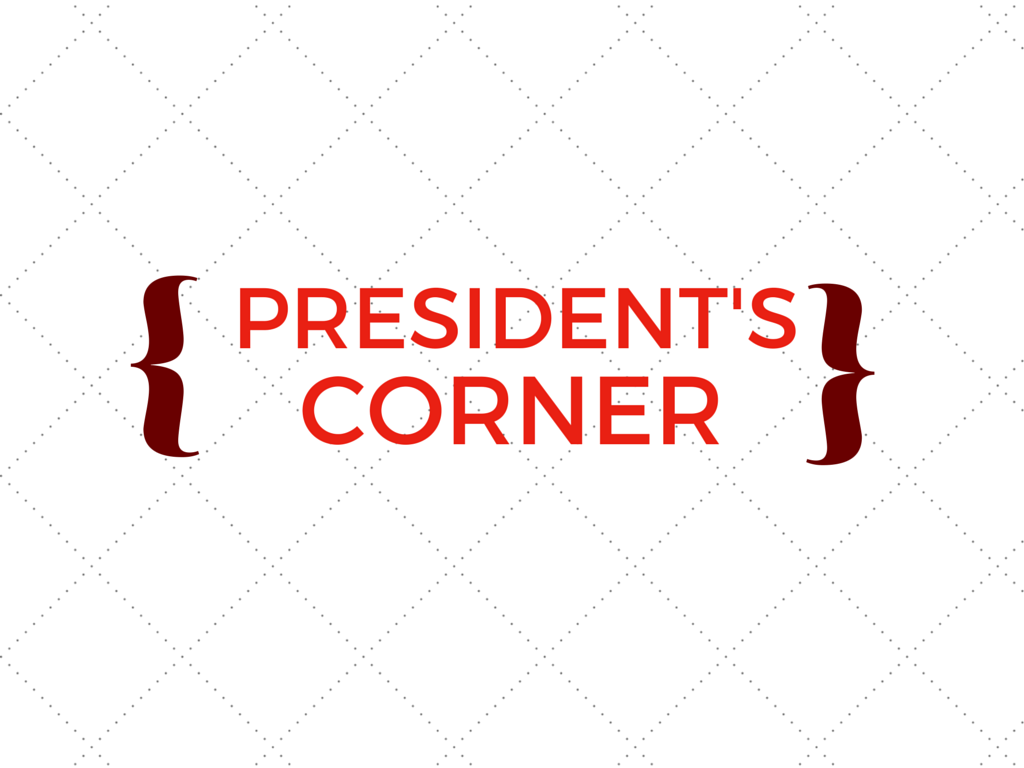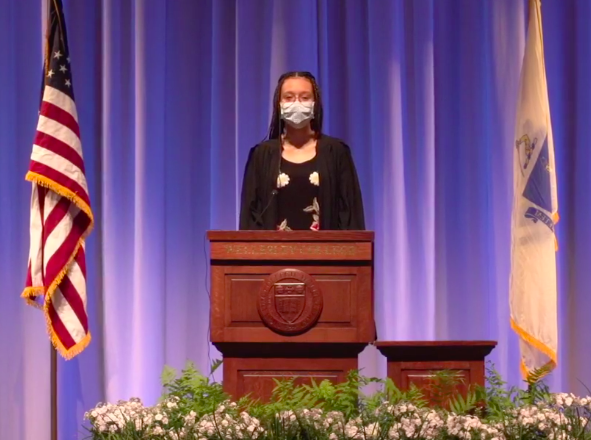Hello everyone,
It’s such a joy to be writing to you all. Here, you’ll find a biweekly tidbit of College Government (CG)-related information as it relates to either my position or to various happenings in our numerous and bustling CG sub-committees:
1. Student Organizations & Appointments Committee (SOAC), chaired by Vice President René Chan ’17;
2. Student Organization Funding Committee (SOFC) and
3. Bursar’s Office, chaired by Student Bursar Isabelle van de Walle ’17;
4. Honor Code Council, chaired by Chief Justice Mayanka Kumar ’16;
5. Community Action Network, chaired by Multicultural Affairs Coordinator Ananya Ghemawat ’17;
6. Schneider Board of Governors (SBOG) chaired by Director of On Campus Affairs Meredith Ausenbaugh ’16; Committee for Political & Legislative Awareness (CPLA), chaired by CPLA Chair Zainab Younus ’17;
7. College Government President’s Council (CGPC), chaired by President Adeline Lee;
8. Communications Committee, chaired by Secretary-Treasurer Jessica Shin ’18; and
9. Senate Policy & Ethics Committee (SPEC), chair to be elected following week
Putting positional announcements temporarily aside, however, I hoped to use this week’s President’s Report to talk about something very important — safe spaces — and to comment on and clarify a correction I requested in last week’s news article: “Incoming College Government Cabinet Plans for New Year,” which is in this edition of the paper.
To provide some context, in the second paragraph of the original published article, I was paraphrased as — when speaking on this year’s need to dedicate spaces such as Senate to having conversations on mental health and socioeconomic status — “especially mentioning the lack of safe discussion spaces available on campus.” Here, it’s important to note that I hadn’t actually mentioned the term “safe space” in response to any of the questions posed. In fact, I’d decided against using the term for a few reasons — ones I’ll get into later here. Yet, at the same time, when I first read the published paragraph, I could understand the sentiment and the intention behind the paraphrasing. For the sake of transparency, in my e-mail response to this particular question of “What is your biggest goal as a member of Cabinet this year,” I’d written:
One of my biggest goals for this year is to make serious headway for mental health and socioeconomic status on this campus. I see purposeful, targeted conversations as one of the best ways to help make that happen. There are few spaces on Wellesley’s campus that we, as students, can visit to get a true sense of our community pulse — where our student values lie. Senate is one of those special places.
The truth is, I’ve thought a great deal on the topic of “safe spaces” as it relates to community, learning and open inquiry on Wellesley’s campus. This earlier mis-paraphrasing gave me yet another pause to think long and hard about what that phrase means to me and why I had reservations about using such an expansive and oftentimes unintentionally ambiguous term.
Among other things, I hope College Government can urge our community to more consciously and investigatively explore the notion of safe spaces this year. Oftentimes, “safe space” is a loaded term that carries with it a whole host of meanings that, it seems, no one is entirely familiar with. Ask any handful of people at Wellesley what “safe space” means, and you might receive a number of varying and surprising answers. That’s to say that “safe space” has been used on this campus by various constituencies in varying instances to mean and imply a number of nuanced things, both intended and unintended: from the creation of nonthreatening environments for the expression of identity-based narratives to the creation of spaces specifically intended for an open, nonjudgmental reception of ideas. Although these two particular examples might overlap, they can also certainly be two mutually exclusive things. It all depends on context.
Because language is so powerful and so important, I urge us all in these coming months and, especially when the time comes for us to have such a discussion together as a community in Senate this semester to consider deeply: What do we all mean? What do we mean by safety? Are certain spaces on our campus — by virtue of having such a phrase — unsafe? What qualifies spaces to be one or the other? And, finally, what are the intended and unintended, implicit or explicit, and behavioral or linguistic contracts we end up asking others to accept when we use such terms?
I hope as a community we can feel able to investigate openly and earnestly what we mean when we use words like these in conversation with one another — what our various phrases imply, especially with regard to Wellesley spaces; what we mean when we use them; as well as what we imagine other people to mean when we hear them being used.
Finally, I’d like to take this time — and on behalf of the rest of CG Cabinet — to welcome the entire Wellesley community to our first Senate of the year tonight from 6-7 p.m. in the Academic Council Room on the fourth floor of Green Hall.
As we tackle these tough and multilayered conversations over these next few months, we’ll all need, more than ever, a shared space in which we can gather together. And in entering this space, we must be committed to expanding not only our understanding of each other but also our faith in what this community can and should be. Let Senate be that starting place.
Warmly, and until next week,
Adeline







